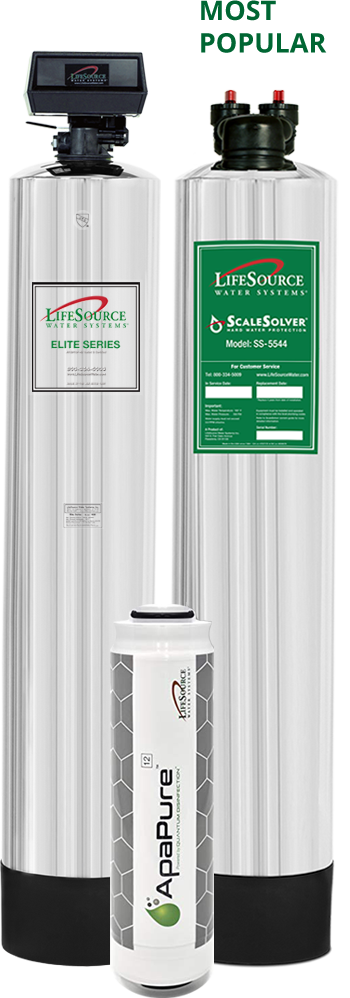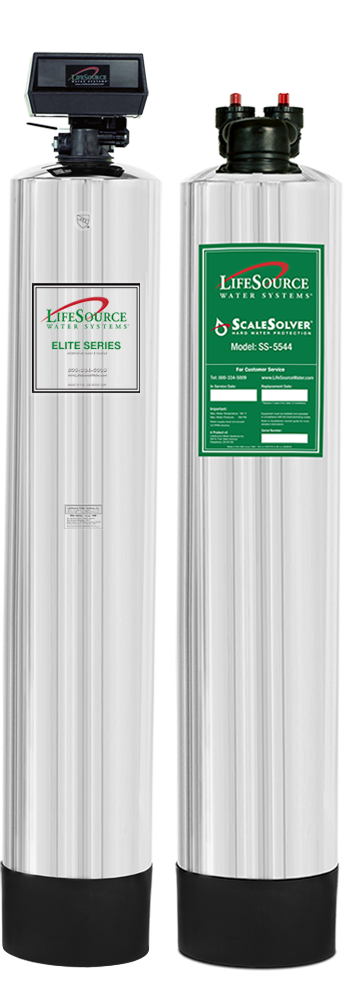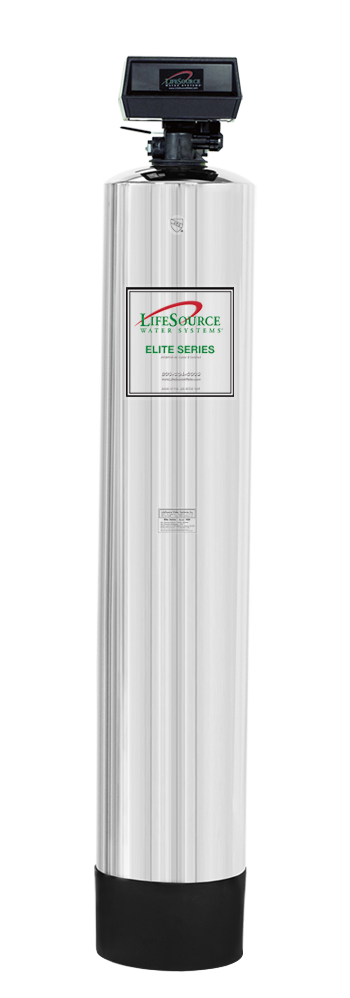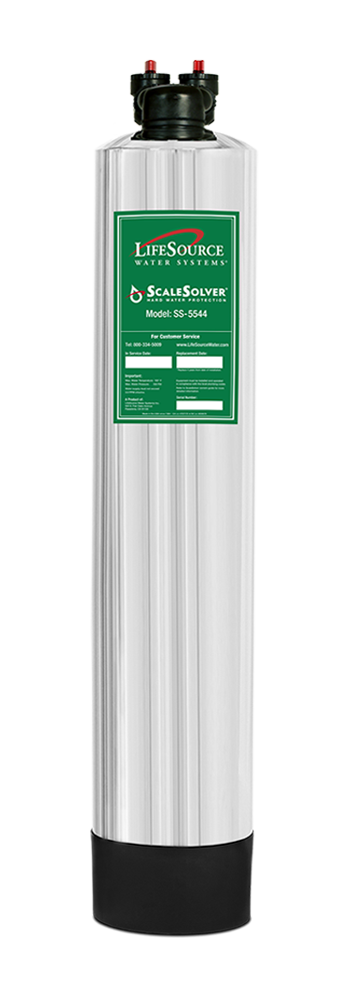Hard Water Myths Exposed
Posted: 06/21/07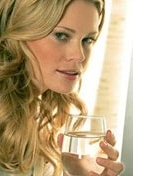
Five Urban Legends About Tap Water Demystified
PASADENA, CA--(Marketwire - August 21, 2007) - Most "facts" surrounding "hard water" are actually not true. LifeSource Water would like to debunk five urban legends about hard water that have been floating around for years.
Myth # 1 - Hard water clogs pipes.
Fact: Between the early 1950s and the late 1970s, many homes were built using galvanized steel pipes. Minerals such as calcium attach to and clog this type of pipe. Late in the 1970s plumbers returned to using pipes made of copper and later plastic; these pipes will not have lime buildup.
Myth # 2 - Minerals in hard water are contaminants.
Fact: Hard water simply means water rich in calcium and magnesium. Minerals are not contaminants, they're nutrients. Scientific findings conducted by the World Health Organization have shown that drinking water rich with minerals protects good health. Clean "hard" tap water is the same as "Mountain Spring Water" found in expensive bottled water. It tastes great and it's good for people, plants and animals.
Myth # 3 - Hard water is harsh, fades clothes and dries skin and hair.
Fact: Hard water does not fade colors or dry skin and hair. Typical tap water contains more chlorine than most swimming pools. Chlorine, also known as bleach, attacks the proteins in hair and skin making them dry and it fades clothes. Water softeners remove healthy minerals, not chlorine.
Myth # 4 - Water softeners filter water.
Fact: Water Softeners do not filter water; they exchange minerals with sodium, therefore converting dirty, chlorinated hard water into dirty, chlorinated salty water. There is still a need for a water filter, known as reverse osmosis to remove the softener salts, sediments and chlorine. A reverse osmosis filter is needed to provide palatable water and is only available at the kitchen sink, not the rest of the home. Many people end up buying bottled water.
Myth # 5 - Water softeners are safe for the environment.
Fact: According to Ann Heil, a Senior Engineer with the Sanitation Districts of Los Angeles County, automatic water softeners waste water and can spill as much as 350 pounds of salt into the waste stream per year, polluting waterways and damaging plant and aquatic life. Water softeners and reverse osmosis systems also waste hundreds of gallons of water per household every month. For more information on the effects of water softeners on the environment, visit www.lacsd.org/chloride.
Mineral deposits on glassware and shower doors can be eliminated without a water softener. A teaspoon of Sour Salt in dishwasher loads will make glassware sparkle. AMAZ-Sealant will prevent spots on shower doors. A non-salt whole-house water system that retains healthy minerals works great for drinking, bathing, cooking and cleaning.
About LifeSource Water
LifeSource Water Systems, Inc. has been manufacturing and distributing eco-sensitive, health-conscious, whole-house water systems to residential and commercial customers since 1984.

